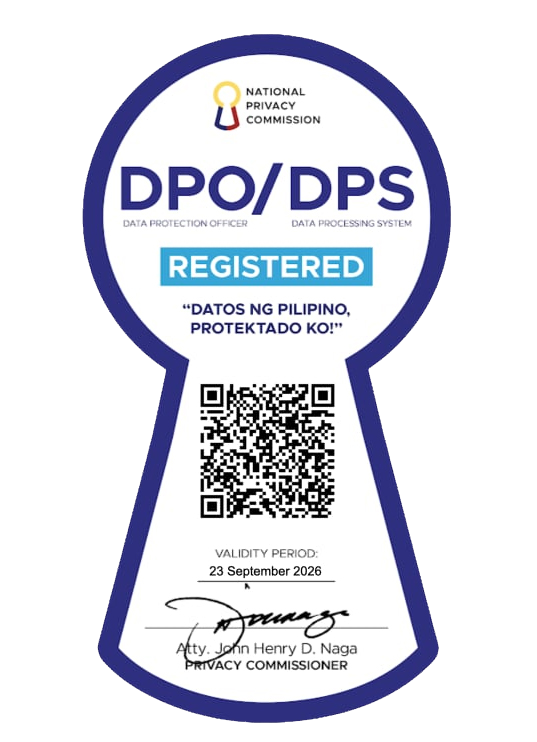COLLEGE GOALS
- Foster the values of leadership, integrity, accountability and responsibility while serving their fellowmen, community and country;
- Prepare the students for careers in crime prevention, law enforcement, scientific crime detection and correctional administration;
- Encourage research and inquiry on the nature, causes treatment or punishment of criminal behavior and how criminal justice agencies respond to crime, criminals and victims.
Program Outcomes
- Basic/Foundation: Conduct Criminological research on crimes, crime causation, victims, and offenders to include deviant behavior.
- Learner Development and Individual Learning Differences: Internalize the concepts of human rights and victim welfare.
- Learning Environments: Demonstrate competence and broad understanding in law enforcement administration, public safety and criminal justice.
- Curricular Content Knowledge: Use knowledge of general and specialized curricula to individualize learning students with additional needs in the principal divisions of criminology particularly on: Criminal Etiology, investigation and law.
- Instructional Planning and Strategies: Use evidence based instructional strategies to maximize learning opportunities for students with additional needs, especially in identifying the areas of the study of criminology.
- Assessment: Use multiple methods of assessment and multiple data-sources to make sound educational decisions for students with additional needs.
- Professional Learning and Practice: Demonstrate reflective thinking and professional self-direction.
OBJECTIVES:
- Prepare the students to excel in the field of Criminology;
- Equip them with advanced knowledge and skills necessary in the practice of Criminology Profession;
- Prepare and encourage the students to advanced and/or independent research in Criminology; and
- Train Professionals to be more globally Competitive in the field of Criminology.
PROGRAM OUTCOMES :
- Be well-grounded research-oriented Professional Criminologists;
- Possess advanced and scientific knowledge and skills essential to the practice of Criminology;
- Have critical and analytical understanding and appreciation of theories relating to crimes, victims and offenders;
- Have enhanced ability to network and interact with national and global Criminological practitioners and institutions.



